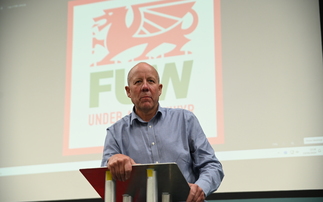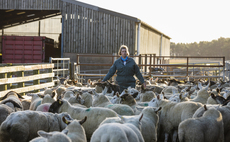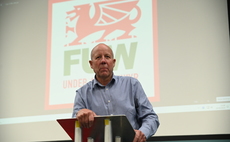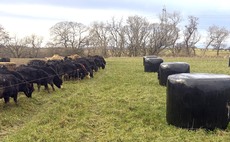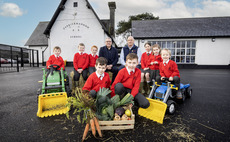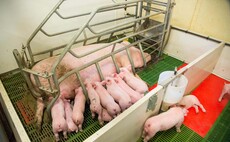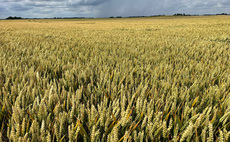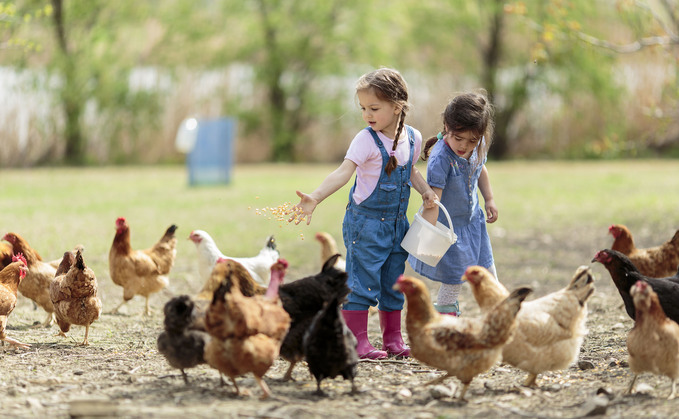
The campaign was started by former farmer and teacher Olivia Shave, who believes teaching children about food, the systems in which it is grown, nature and farming will equip the next generation to tackle the problems society faces, such as climate change, mental health and national health.
The campaign has been growing and making waves over the last few months and has gathered support from various people and organisations including MPS, food policy leaders and farmers.
On October 13, for the first time ever, a roundtable was held in Parliament at the House of Commons, to bring leading voices from across society together to discuss how rural education should look, and the benefits of introducing such topics onto the curriculum.
READ NOW: Rural Education Matters: Olivia Shave – "Farming belongs in the classroom"
Next generation
The aim is to empower children to successfully navigate the food system and understand the impact such choices could have on their own health and the environment and support them in a changing world.
Multiple change needs to happen, within the education system and within the food system, particularly around school food.
One spokesperson said: "A strong food ethos fosters community, but that rarely integrates with school food policy and is rarely aligned with the curriculum.
"Children need to learn it, see it, live it – that is where the magic happens."
Another said that farm visits bring the curriculum to life, but this subject needs to be embedded within the curriculum and not just rely on one enthusiastic teacher.
Cross-curriculum learning was also mentioned throughout the discussion, highlighting how farming and sustainability can help to better deliver subject learning like geography, history, maths and science.
Skills shortage
The skills shortage the industry faces was also mentioned, and one spokesperson said farming is not a nice to have and should not be an afterthought.
Reflecting on the roundtable, founder Olivia Shave said: "The departments that are shaping our children's futures may be absent, but farmers know the stakes. By teaching children where food comes from, the importance of soil health and how our food is produced, we can inspire the next generation to pursue careers in agriculture."










